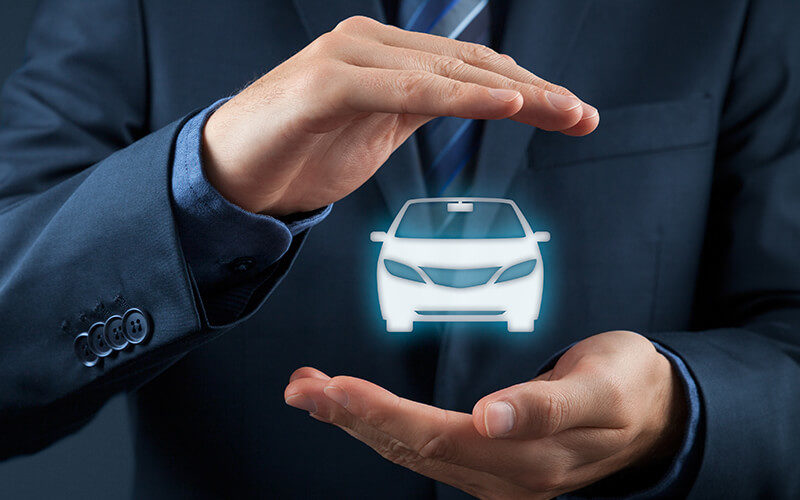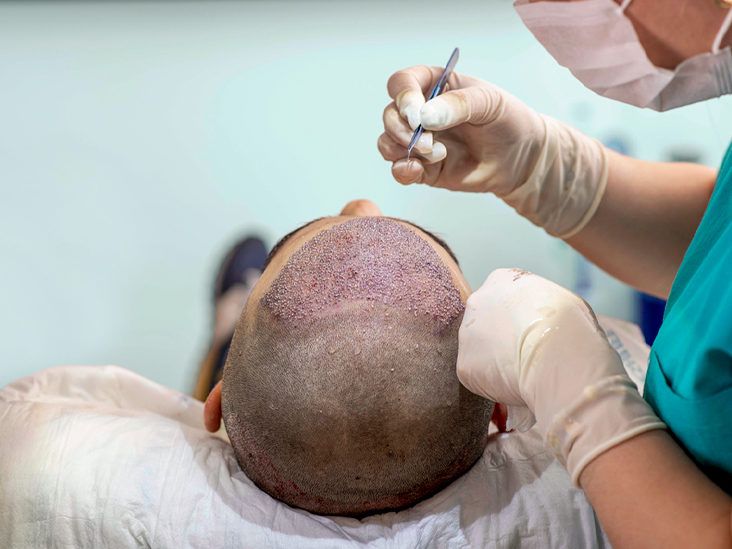India has long struggled with economic inequality, and most efforts to address it have focused on caste-based reservations. However, another category called the Economically Backward Class (EBC) is gaining attention for its role in promoting fairness and equality. But what exactly does EBC mean, who qualifies for it, and how does it help people? Let’s take a closer look.
What is EBC?
The Economically Backward Class (EBC) refers to individuals or families who face financial struggles but do not belong to the traditionally reserved categories like Scheduled Castes (SC), Scheduled Tribes (ST), or Other Backward Classes (OBC). Unlike caste-based reservations, EBC focuses purely on economic status.
The goal of EBC is to help people who are struggling financially by providing opportunities and support in education, healthcare, and employment. It addresses poverty directly, regardless of a person’s caste or religion.
Who Can Be Classified as Economically Backward Class (EBC)?
To qualify as EBC, an individual or family must meet certain income and asset criteria set by the government. The key requirements are:
- Income Limit: The family’s annual income must be below ₹8 lakh.
- Asset Ownership: Families should not own significant assets like large properties or extensive landholdings.
- Other Reservation Status: The applicant should not already be covered under SC, ST, or OBC reservations.
This means anyone who meets these conditions, regardless of caste or religion, can apply for EBC benefits.
Benefits of Economically Backward Class (EBC)
EBC status comes with several advantages that aim to uplift economically weaker families. Some of the main benefits include:
1. Educational Support
EBC students can get scholarships, fee waivers, and financial aid for schooling and higher education. This helps make education more accessible and affordable, encouraging students to pursue their dreams without worrying about costs.
2. Job Opportunities
Although EBC doesn’t provide direct job reservations like SC/ST/OBC categories, it opens up opportunities by supporting skill-building programs and training. This makes it easier for EBC individuals to find jobs in both government and private sectors.
3. Housing and Loans
EBC families may qualify for subsidized housing schemes or low-interest loans to start small businesses. This can help them improve their living standards and achieve financial stability.
4. Healthcare Benefits
Government healthcare programs often provide EBC families with affordable or free medical services. This ensures they have access to necessary treatments without facing financial hardships.
5. Social Welfare Schemes
Economically Backward Class (EBC) individuals can also benefit from various welfare programs, such as subsidized food, old-age pensions, and other government assistance.
How to Access Economically Backward Class (EBC) Benefits
Both the central and state governments offer EBC benefits, but the specific programs may vary from one state to another. Here are some common ways to access these benefits:
- Education: Scholarships and fee waivers can be applied for through portals like the National Scholarship Portal.
- Employment: Many government skill-development programs and job fairs give priority to EBC applicants.
- Housing and Loans: State-specific schemes provide financial assistance for home construction or small businesses.
- Healthcare: Government hospitals often have programs for low-cost or free treatments for EBC families.
Difference Between EBC and EWS
It’s easy to confuse Economically Backward Class (EBC) with Economically Weaker Sections (EWS), but there are important differences:
- Who Can Apply:
- EBC is open to anyone who meets the income criteria, regardless of caste or religion.
- EWS is specifically for individuals from the general (unreserved) category who are economically weak.
- Reservations:
- EBC benefits are mostly financial and social but do not include job or education reservations.
- EWS includes a 10% reservation in government jobs and education for the general category.
- Purpose:
- EBC is a broader term aimed at addressing economic inequality across all communities.
- EWS is focused on providing reservations to economically weaker individuals within the unreserved category.
How to Make Economically Backward Class (EBC) More Effective
To ensure EBC benefits reach the right people, a few changes could be helpful:
- Awareness Campaigns: Many people who qualify for EBC benefits are unaware of them. Government and local authorities can organize campaigns to spread awareness about these schemes.
- Skill Development: Training programs in areas like technology, trade, and services can help EBC individuals find sustainable jobs.
- Better Monitoring: Systems should be in place to track how funds and benefits are distributed, ensuring that corruption or misuse is minimized.
- Empowering Women: Special initiatives for women from EBC families—such as education scholarships, vocational training, or self-help groups—can help improve their financial independence.
Why Economically Backward Class (EBC) Matters
In a country as diverse as India, economic inequality cuts across caste, religion, and region. EBC focuses on helping people who are struggling financially, regardless of their background. This makes it an important step toward creating a fair and just society.
However, there’s still work to be done to ensure that EBC benefits are more widely available and impactful. With better implementation and awareness, the EBC category can play a key role in reducing poverty and improving lives across the country.
For more details about EBC benefits and eligibility, visit the official government website.







0 Comments